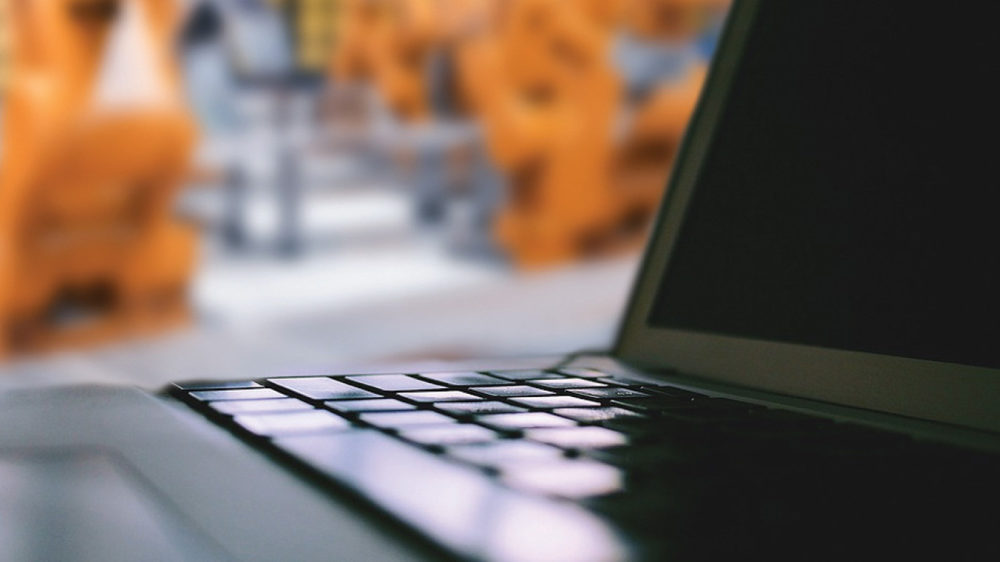Top Manufacturing IT Trends
October 9, 2017 6:08 pm
An analysis on the most significant trends in the manufacturing information technology.
Globally, the manufacturing industry is undergoing a major transformation with the increasing economic and industrial activities in emerging nations. Manufacturers want to keep their businesses thriving despite increasing global competition, cost of energy and raw materials, customer demand for quality products etc. As the growth of industrial automation increases, the technology trends are expected to change the face of the industry.
Industrial Internet of Things (IIoT)
According to Rahul Khare, Regional Business Leader (India & South Asia) – Honeywell Connected Plant, “The Industrial Internet of Things (IIoT) is the most important trend which has an ability to deliver meaningful information where and when it is needed most. The network is the delivery mechanism, connecting sensors, other edge devices and mobile devices to offer control room operators new perspectives on the way a plant is run, improving safety and efficiency, and sometimes uncovering new revenue streams.”
He adds, “The emergence of the IIoT represents a digital transformation of manufacturing that shifts the source of competitive advantage away from physical machinery and towards information. As the pressures on manufacturers grow, the way in which data moves between people, between devices, and what is done with it, is increasingly creating the most value. The more relevant and timely the information, the more empowering it is, enabling employees at every level to make instant decisions that directly impact productivity. Therein lies the power of IIoT.”
The drivers of digital transformation – Smart manufacturing or IIoT
Sudhir Dembi, General Manager (Plant Solutions) Schneider Automation, Schneider Electric India says, “IT has an extremely important role to play right from the design, manufacture, and use of a product to satisfy customer needs and to meet environmental requirements. IT has enabled a new trend towards ‘Smart manufacturing’ or IIoT, which is driving a huge transformation. Networking and intuitive collaboration with the customer are tied to the concept of smart manufacturing ensuring efficiency and safety.”
Dembi explains, “With the use of IT, equipment and stations within factories, entire manufacturing enterprises, and networks of suppliers, partners and customers located throughout the world can be more effectively connected and integrated. He also added, “Therefore the entire manufacturing floor – including packing, picking, sorting and conveying systems – must evolve to accommodate, efficiency, productivity, predictive planning, remote connectivity and more flexible business needs.”
The rise of ‘Intelligent’, connected machines
Sameer Gandhi, MD, Omron Automation India says, “One of the most significant trends in manufacturing IT segment is the advent of connected shopfloors with more intelligent machines. These machines not only communicate with each other but also with the people working with them in their environment via a well-knitted and intricate network of products, systems, platforms and applications. An advanced IIoT based automation platform based on varied smart sensors and PLCs connected to MES or ERP layer is the backbone of this network.”
The connectivity and the synergy leads to smart optimisation of the industrial processes so as to enable real-time information exchange leading to several benefits such as failure prediction, reducing frequency of unscheduled downtimes, analysis of long term data – which are very helpful in enhancing productivity and quality. It ushers in productivity enhancement benefitting not only the manufacturers but also the end users.
Industry 4.0: New levels of human machine interaction
Anand Bhade, President of Asia-Pacific Sales & Global Head for Corporate Marketing, Tata Technologies Ltd says, “Manufacturing is changing; some call it the emergence of the next-generation of manufacturing which is leading to a new industrial revolution, also known as Industry 4.0. that will in turn lead to new levels of human machine interactions.”
Industry 4.0 hype centres on the digitalisation of everything i.e. new embedded technology, real-time collaboration, mobility, on-the-fly advanced analytics, intelligence, connectivity (IoT, cloud-based solutions) and visualisation to create a seamless and agile manufacturing eco-system.
Bhade observes that Industry 4.0 is expected to bring fully flexible and highly integrated manufacturing based on cyber-physical production systems. He further explains that the big idea is that it will allow companies to involve their customers more in the production
process and to react faster on changing market requirements.
“Architected well Industry 4.0 will enable integration and complexity management, creating an underlying framework for modern manufacturing,” Bhade concludes.
Cookie Consent
We use cookies to personalize your experience. By continuing to visit this website you agree to our Terms & Conditions, Privacy Policy and Cookie Policy.

















 English
English Hindi
Hindi